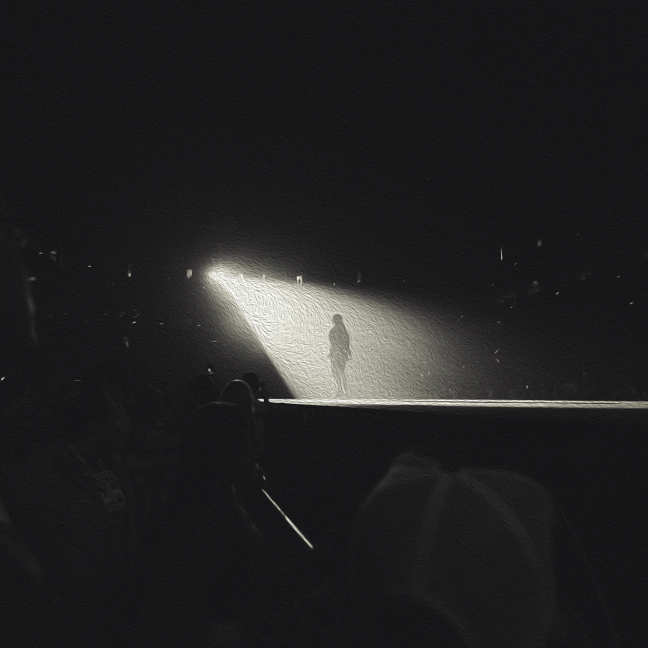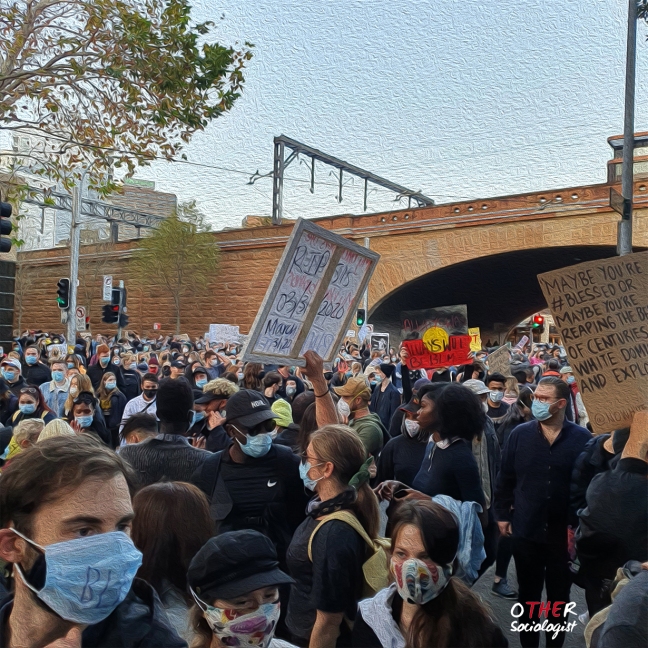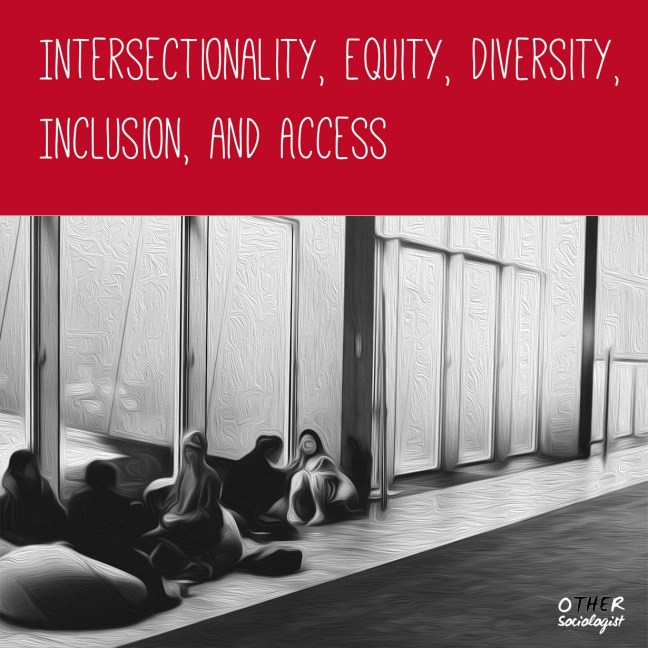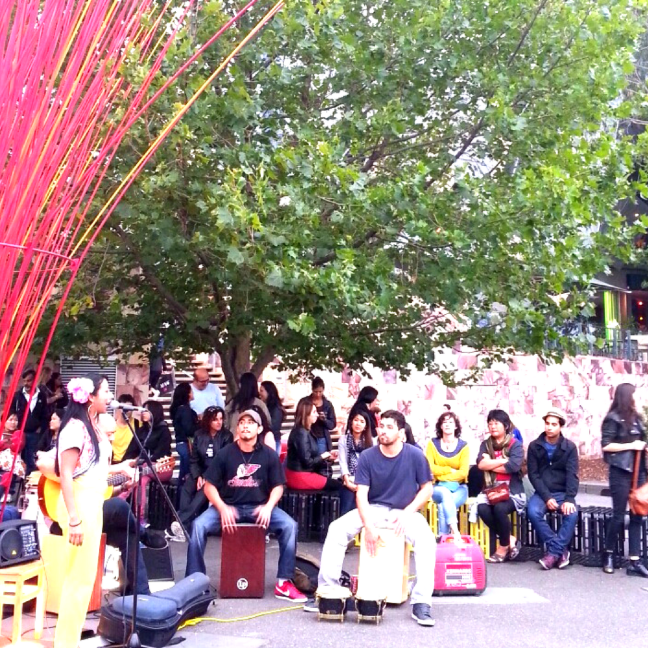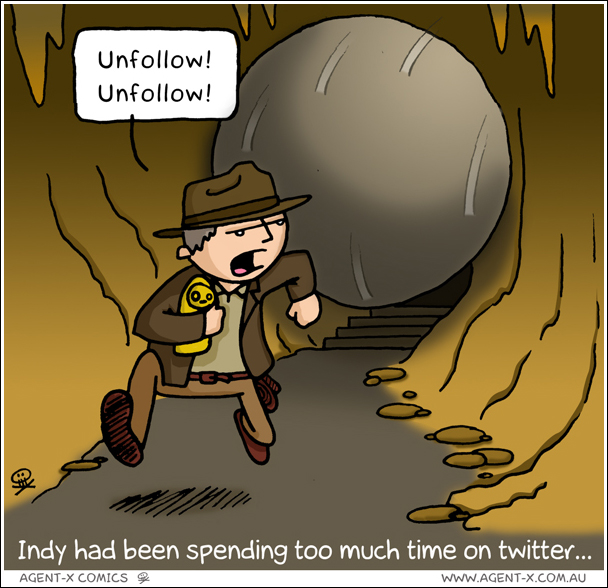I’ve just published my new resource, Intersectionality, Equity, Diversity, Inclusion, and Access. There are five individual chapters which are intended to work together. The information is a comprehensive, though not exhaustive, introduction into the barriers and solutions to discrimination in academia and research organisations. The issues are restricted to career trajectory from postgraduate years to senior faculty for educators and researchers.
Each section includes a discussion of the theoretical and empirical literature, with practical, evidence-based solutions listed in text boxes, capturing my long-standing career in equity and diversity program management, education and research.
This resource is split into five pages, for the purposes of improving reading experience; however, all five sections are intended to paint a holistic picture for social change. (If you prefer, read this resource as one PDF).
Continue reading Intersectionality in academia and research
